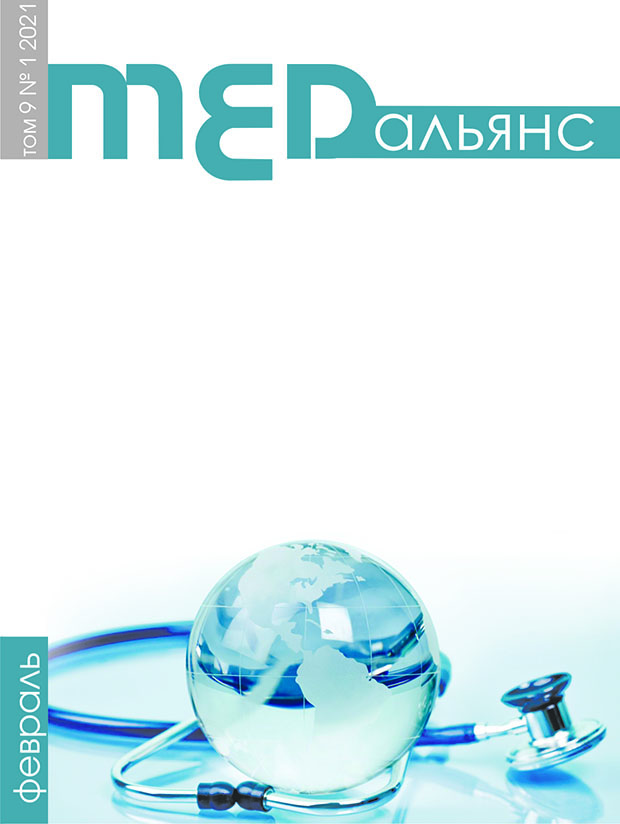Abstract
Objective: to study the clinical manifestations and effectiveness of treatment of patients with pulmonary tuberculosis with different genotypes of M. tuberculosis. Materials and methods. Clinical and microbiological data of 120 patients were stratified on the M. tuberculosis epidemic variants: subtypes of Beijing CC2 / W148, CC1, other sub-types of Beijing, and other genotypes other than Beijing (nonBeijing). The DNA of M. tuberculosis strains obtained were genotyped by RD 105/207 for Beijing genotype identification. The CC2/W148 subtype was identified by the presence of a specific deletion in the kdpD gene, the CC1 subtype was done by the SNP in the pks17 gene. Results. It was found that in tuberculosis caused by the CC2/W148 subtype of the Beijing genotype, multiple and broad drug resistance occur in 87.5% of patients. The CC2/W148 ge-no type contributes to the chronization of the tuberculosis process, the formation of fibrous-cavernous tuberculosis. Miliary tuberculosis is more common (37.5%) among newly diagnosed patients with CC2/W148 than in other genotypes (15.7%), which is also associated with a high incidence of concomitant HIV infection (56.3%). Total lung tissue damage in patients with infiltrative tuberculosis is observed in 41.7% of patients with the CC2/W148 MBT subtype. The clinical cure rate in patients with CC2/W148 is significantly lower (18.7% compared to 47.4%) than in tuberculosis caused by other genotypes.
Conclusion. The results obtained indicate the presence of clinical features of tuberculosis caused by the w148 / CC2 subtype of the Beijing genotype, and the expediency of further study of the clinical, radiological and microbiological characteristics of the tuberculosis process caused by MBT of different subtypes of the Beijing genotype and non-Beijing genotypes.

